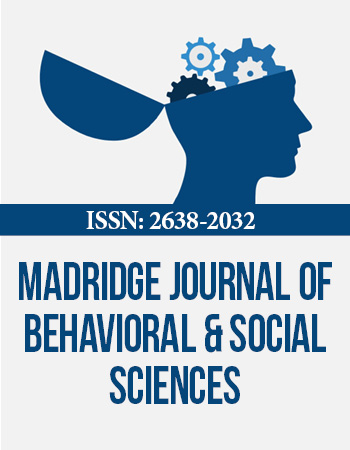International Conference on Alzheimerʼs Disease & Associated Disorders
May 7-9, 2018 Rome, Italy
Recombinant Human Hsp70 Exhibit a Significant Neuroprotective Effect in Two Mouse Models of Alzheimerʼs Disease
1Engelhardt Institute of Molecular Biology, Russia
2Institute of Cell Biophysics, Russia
Molecular chaperone Hsp70 plays protective role in various neurodegenerative disorders including Alzheimerʼs disease (AD). Our data suggest that human recombinant Hsp70 effectively crosses the blood-brain barrier when administrated intranasally and exhibits dramatic neuroprotective effect in the bilateral olfactory bulbectomy (OBX mice) and transgenic 5XFAD mouse models of AD-like neurodegeneration. Chronic treatment by recombinant Hsp70 leads to a decrease of beta-amyloid level and restores the neuron morphology and density in the temporal cortex and hippocampal regions. In both mouse models of AD recombinant Hsp70 restored cognitive functions including learning and memory. Besides, Hsp70 treatment normalizes a number of biochemical indicators of the state of the nervous system in the aged animals, including lipofuscin and synaptophysin levels. Using deep sequencing, we identified multiple differentially expressed genes (DEGs) in the hippocampus of transgenic and non-transgenic mice of different age groups. Importantly, the pattern of DEGs strongly depends on the transgenicity and age of the experimental animals. Thus, upregulation of inflammatory and proteasomal genes is a feature of old transgenic 5XFAD mice. This analysis also demonstrated that recombinant Hsp70 administration strongly modulates the spectrum of DEGs in transgenic animals, reverting it to a pattern similar to that observed in non-transgenic mice of the same age. These changes include upregulation of genes responsible for amine transport, transmission of nerve impulses, synaptic transmission, dopamine metabolic processes and other pathways that are impaired in transgenic 5XFAD mice. Overall, our data indicate that chronical Hsp70 treatment may be an effective therapeutic against neurodegenerative diseases of the Alzheimerʼs type.
Biography:
David G. Garbuz was born in 1978. He is Student of Moscow Veterinary Academy from 1995– 2000. He is the PhD Student of Engelhardt Institute of Molecular Biology Russian Academy of Sciences from 2000 – 2003. He did PhD in molecular biology at 2004. He is a researcher at Engelhardt Institute of Molecular Biology RAS from 2003 – 2008. He did Postdoctorate at USA, New-York, NYU Medical Centre from 2008 – 2009. He is the Assistant Professor at Moscow Veterinary Academy from 2008 – 2011. At present he is a Senior Research Scientist at Engelhardt Institute of Molecular Biology RAS from 2009. He received the degree of Doctor of Biological Sciences, the highest scientific degree in Russia at 2018.


